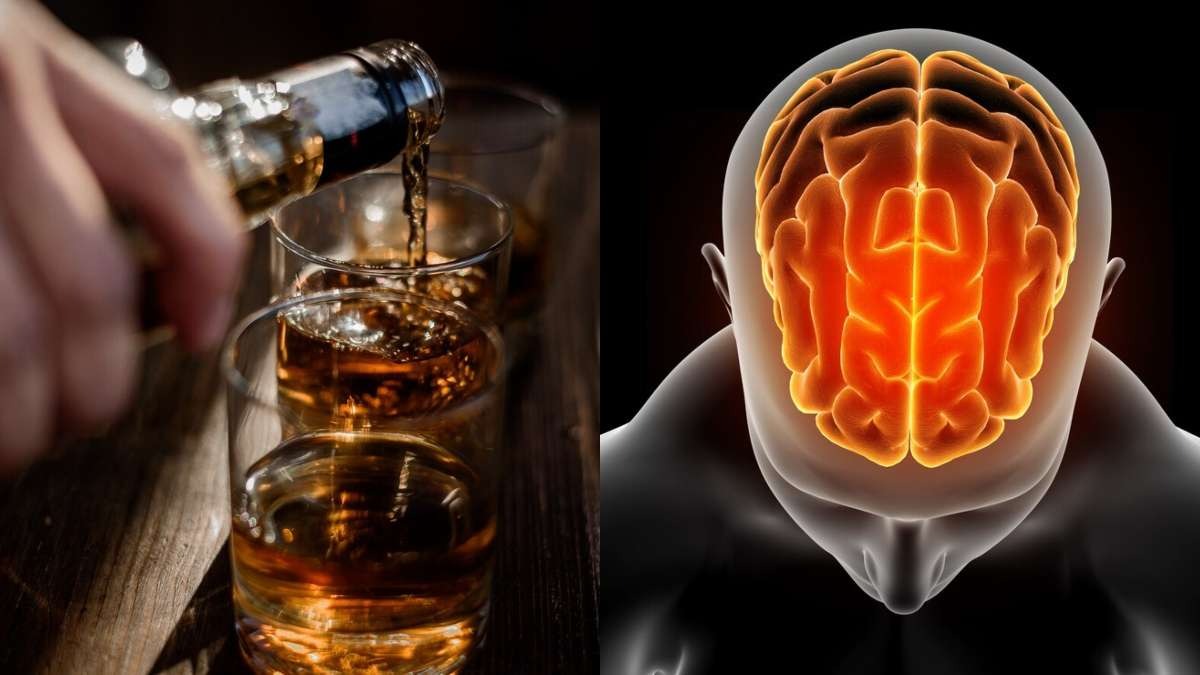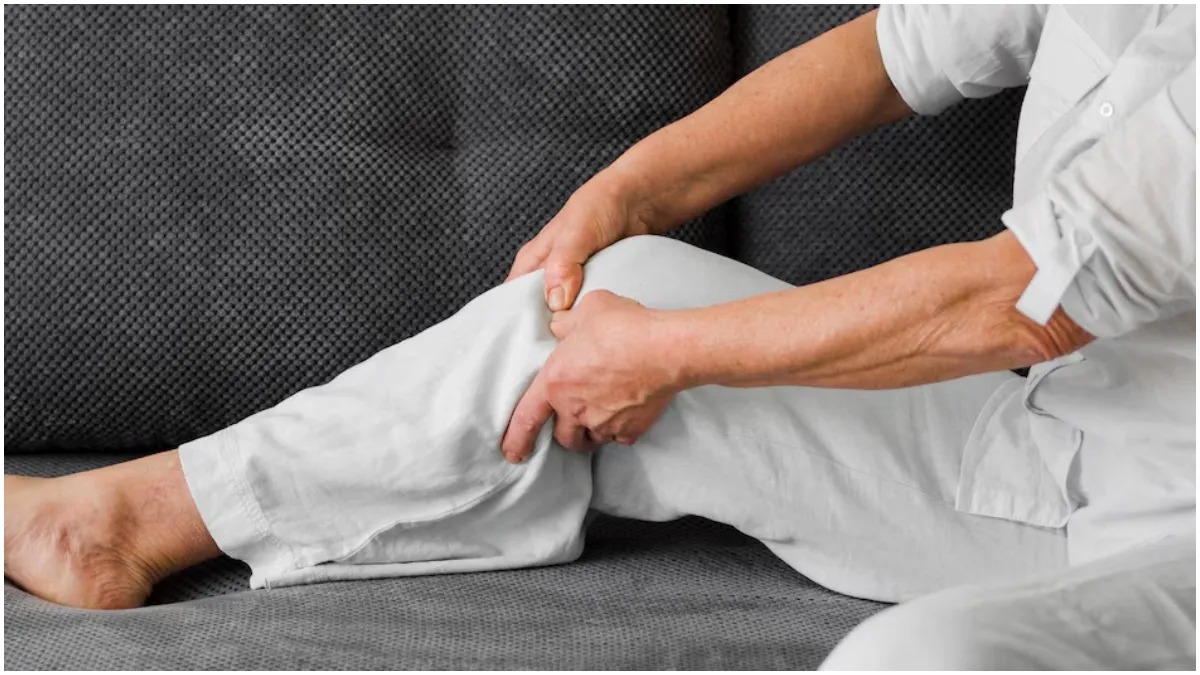
Health: Consuming alcohol just before sleep can significantly impact your brain and overall sleep quality. Although alcohol may initially make you feel drowsy and help you fall asleep faster, its effects on the brain can disrupt your sleep cycle and lead to various issues.
Firstly, alcohol interferes with the REM (Rapid Eye Movement) sleep stage, which is essential for cognitive functions such as memory consolidation, learning, and mood regulation. REM sleep is when the brain processes emotions and memories, and any disturbance in this phase can lead to impaired cognitive functions and emotional instability.
When we spoke to Dr Vinit Banga, Director -Neurology & Head Neurointervention Fortis Hospital, Faridabad, he said that alcohol also has a diuretic effect, meaning it increases urine production. This can lead to more frequent trips to the bathroom during the night, which disrupts sleep continuity and reduces overall sleep quality. Additionally, consuming alcohol close to bedtime can exacerbate conditions like sleep apnea, a disorder characterised by interrupted breathing during sleep. This can cause fragmented sleep and increase the risk of long-term health issues such as hypertension and cardiovascular diseases.
Moreover, while alcohol can initially have a sedative effect, it metabolises quickly and can lead to a rebound effect, causing increased wakefulness and restlessness in the latter part of the night. This disrupts the natural sleep architecture and leaves you feeling unrefreshed and fatigued the next day.
Chronic alcohol consumption before bed can lead to long-term cognitive impairments. Studies have shown that prolonged alcohol use can result in brain shrinkage, particularly in areas responsible for memory and executive functions. This can manifest as difficulties in concentration, problem-solving, and overall cognitive decline.
Prioritising good sleep hygiene practices, such as maintaining a regular sleep schedule and avoiding alcohol before bed, is crucial for preserving brain health and ensuring restorative sleep.
--Advertisement--

 Desk
Desk Share
Share






